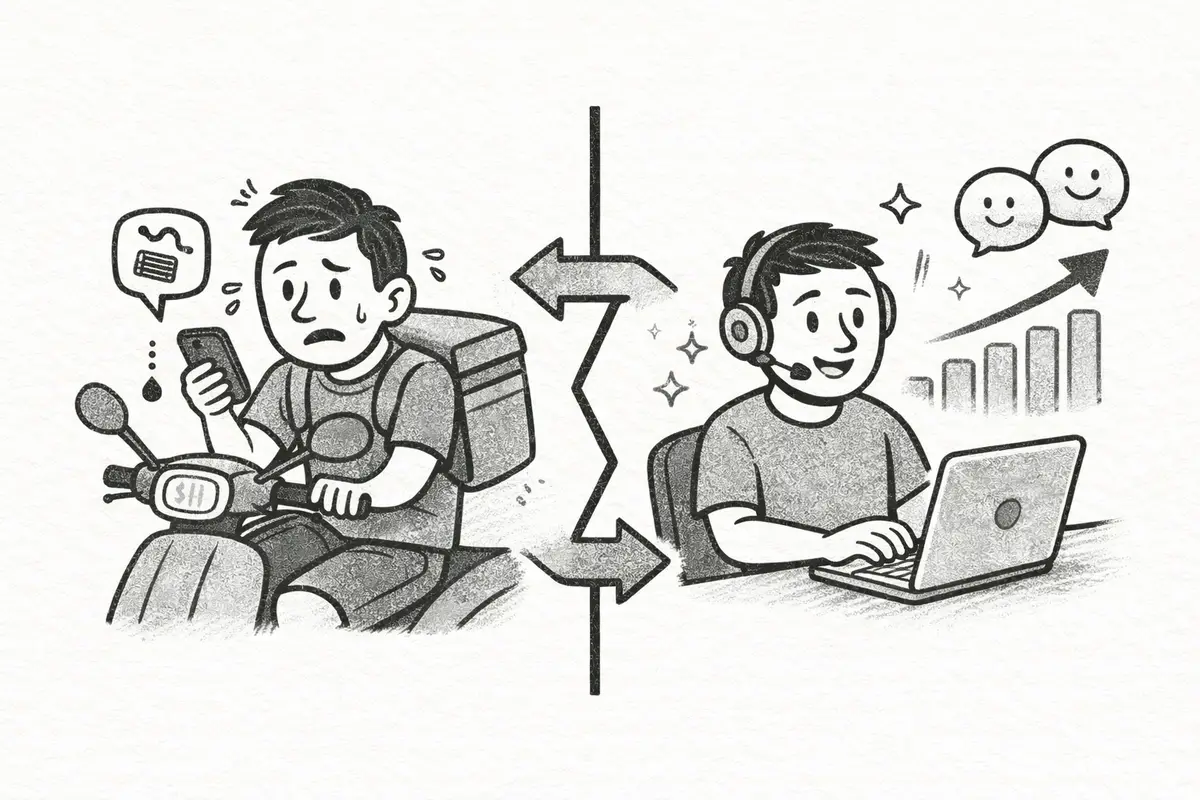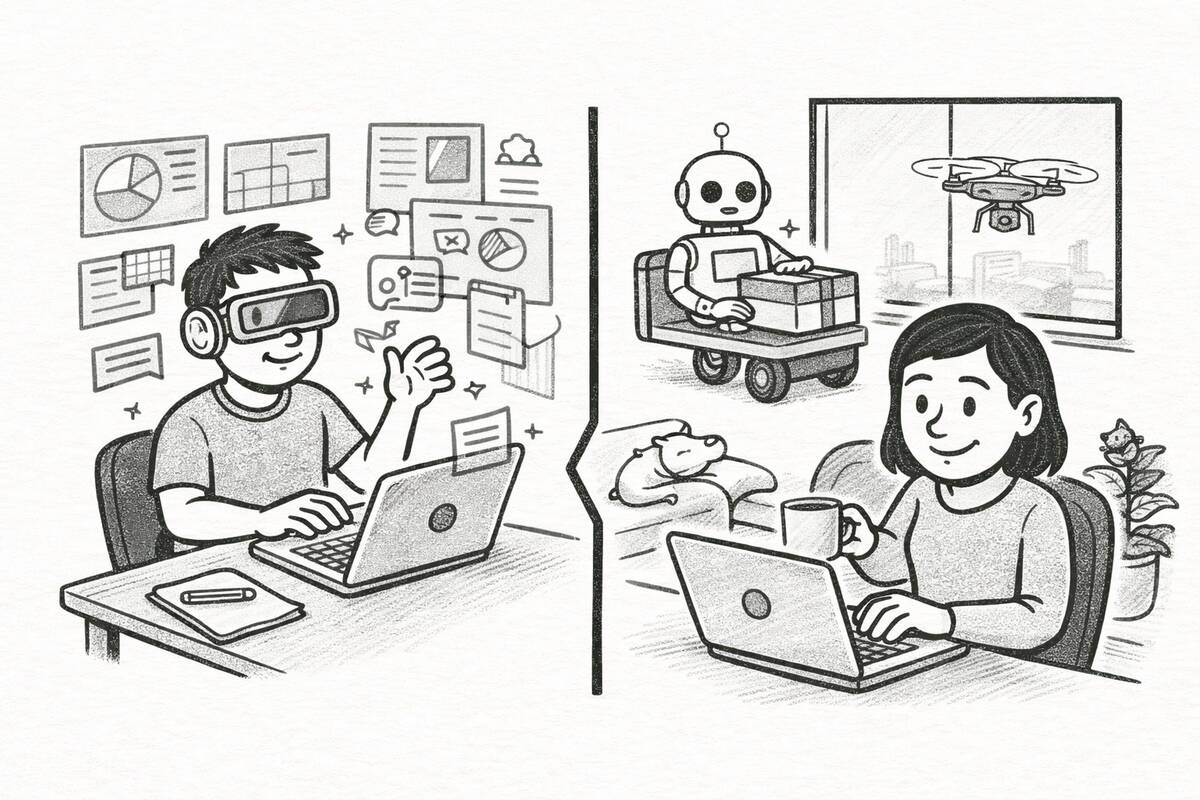The traditional 9-to-5 workday has been the standard for decades, ingrained in our culture and shaping the way we live our lives. However, the COVID-19 pandemic has transformed the way we work and forced organizations worldwide to adapt to remote working arrangements. This change has presented an opportunity to reevaluate the traditional workday and create more flexible schedules to suit individual needs. This article will explore the factors that have contributed to the shift in work patterns and discuss how remote work is reshaping the traditional 9-to-5 workday.
The Rise of Remote Work
Remote work has been a growing trend for many years. Employers and employees alike have realized the benefits of remote work, leading to a permanent shift in the way we approach our workday.
Increased Productivity and Efficiency
One of the most significant benefits of remote work is the potential for increased productivity and efficiency. The flexibility afforded by remote work allows employees to create their work schedules, leading to improved focus and fewer distractions. In addition, the elimination of daily commutes results in less stress and more time to dedicate to work or personal life. Many studies have shown that remote workers are more productive than their office-bound counterparts.
Reduced Overhead and Operational Costs
Remote work has financial advantages for both employers and employees. Companies can save on expenses related to office space, utilities, and other overhead costs. At the same time, employees can save on commuting expenses, work attire, and meals. These cost savings can lead to increased profitability for businesses and a better quality of life for employees.
Greater Work-Life Balance
Working remotely provides employees with greater control over their work-life balance. They can structure their day to accommodate personal responsibilities, such as childcare or appointments, without the rigid constraints of a traditional workday. This flexibility can lead to increased job satisfaction and reduced stress levels.
The Decline of the Traditional 9-to-5 Workday
As remote work becomes more commonplace, the traditional 9-to-5 workday has become less relevant. The focus has shifted from the number of hours spent at a desk to the quality and efficiency of the work being completed. This shift has led to the rise of alternative work schedules that prioritize flexibility and individual needs.
Asynchronous Communication
One of the most significant changes brought on by remote work is the increased reliance on asynchronous communication. Asynchronous communication allows employees to send and receive messages at their convenience, removing the need for immediate responses. This flexibility allows remote workers to collaborate effectively across time zones and accommodate their personal schedules, further eroding the traditional 9-to-5 workday.
Flexible Work Schedules
Remote work has given rise to various flexible work schedules, allowing employees to create a workday that suits their needs. Some common flexible work schedules include:
- Compressed workweeks. Employees work the same number of hours per week but condensed into fewer days. For example, working four 10-hour days instead of five 8-hour days.
- Flextime. Employees can choose their start and end times, as long as they complete the required number of hours per day or week.
- Job sharing. Two part-time employees share one full-time position, allowing for increased flexibility in scheduling and workload.
- Results-only work environment (ROWE). Employees are evaluated solely on their output and results, rather than hours spent working. This approach allows for complete flexibility in scheduling, as long as the work gets done.

The Benefits of a Flexible Workday
As the traditional 9-to-5 workday continues to fade, the benefits of a more flexible work schedule are becoming increasingly evident.
Employee Well-being and Mental Health
Flexible work schedules can have a positive impact on employee well-being and mental health. When employees have control over their work hours, they are better able to balance their personal and professional lives, leading to reduced stress levels and improved overall well-being. This flexibility can also help to alleviate feelings of burnout, as employees can take breaks when needed and avoid the pressure of being constantly “on” during rigid office hours.
Increased Employee Retention and Attraction
Organizations that offer flexible work schedules are more likely to retain their existing employees and attract top talent. In an increasingly competitive job market, the ability to work remotely and create a personalized work schedule can be a significant draw for potential employees. As a result, companies that embrace remote work and flexible schedules will have a competitive advantage in attracting and retaining skilled workers.
Diversity and Inclusion
Flexible work schedules can contribute to a more diverse and inclusive workplace. By allowing employees to create their work schedules, organizations can accommodate employees with disabilities or chronic health conditions who may struggle with a traditional 9-to-5 workday. Additionally, flexibility in scheduling can help to level the playing field for working parents, particularly mothers, who often bear the brunt of childcare and household responsibilities.
Increased Innovation and Collaboration
When employees have the freedom to work during their most productive hours, they are better equipped to contribute innovative ideas and collaborate effectively with their colleagues. By allowing employees to work when they feel most energized and focused, companies can tap into their full potential, leading to improved problem-solving and creative thinking.
Challenges and Solutions in a Post-9-to-5 World
While the move away from the traditional 9-to-5 workday has numerous benefits, it also presents challenges that organizations must address to ensure a smooth transition.
Maintaining Company Culture
One of the primary concerns for organizations transitioning to remote work and flexible schedules is maintaining a strong company culture. Companies must find ways to foster a sense of connection and collaboration among remote employees. Virtual team-building activities, regular check-ins, and video meetings can help to maintain a strong company culture and keep employees engaged, even when working from a distance.
Communication and Collaboration
Effective communication is essential for remote work, and organizations must invest in tools and processes that facilitate both synchronous and asynchronous collaboration. Establishing clear communication guidelines and expectations can help to ensure that all team members remain informed and connected, despite working different hours or being located in different time zones.
Performance Management
As the focus shifts from hours spent working to the quality of work produced, organizations must adapt their performance management strategies. Managers should prioritize clear goal-setting, regular feedback, and objective performance metrics to ensure that employees are held accountable for their work, regardless of their chosen work schedule.
Legal and Compliance Considerations
Flexible work schedules may also raise legal and compliance concerns, particularly related to overtime pay and employee classification. Companies must remain vigilant in understanding and adhering to local labor laws and regulations to ensure that they are compliant and treating their employees fairly.
Conclusion
The traditional 9-to-5 workday is being replaced by more flexible work schedules that prioritize employee well-being, productivity, and efficiency. Remote work has been a driving force behind this shift, providing employees with the freedom to create personalized work schedules that suit their needs. While this transition presents challenges for organizations, the benefits of a more flexible workday are clear. By embracing remote work and flexible schedules, companies can attract and retain top talent, foster a diverse and inclusive workforce, and create a more sustainable work-life balance for their employees.
You might also like: The Mental Health Benefits of Taking a Career Break









